Hunter Valley Sémillon is Australia’s refreshing gift to wine
This week’s column is being filed from South Australia. I’ve been on the other side of the world for a few days now to taste through an array of Hunter Valley Sémillons and Canberra Rieslings. The trip with Wine Australia began in sunny Sydney on the east coast. Hopping on a plane the next morning, our small crew arrived in Adelaide, zipping off to spend a couple of days in the Barossa Valley, Adelaide Hills, and, today, McLaren Vale. Over the next few weeks, we’ll cover many aspects of the Australian wine industry, but for now let’s start with something refreshing and bright.
